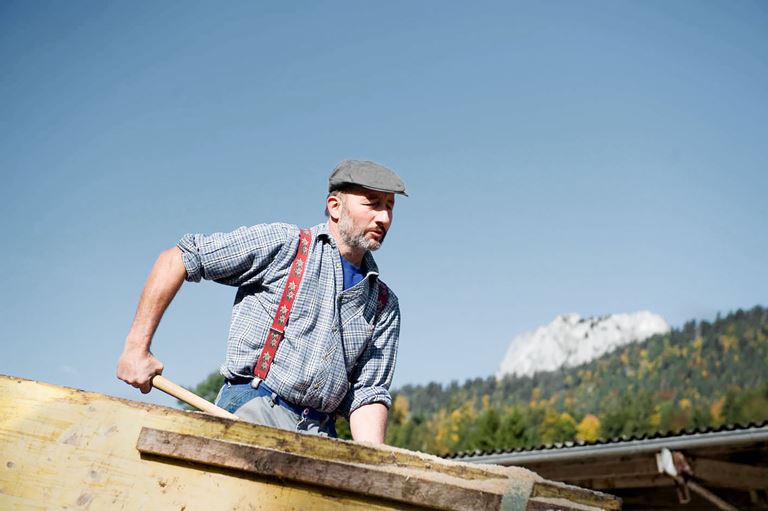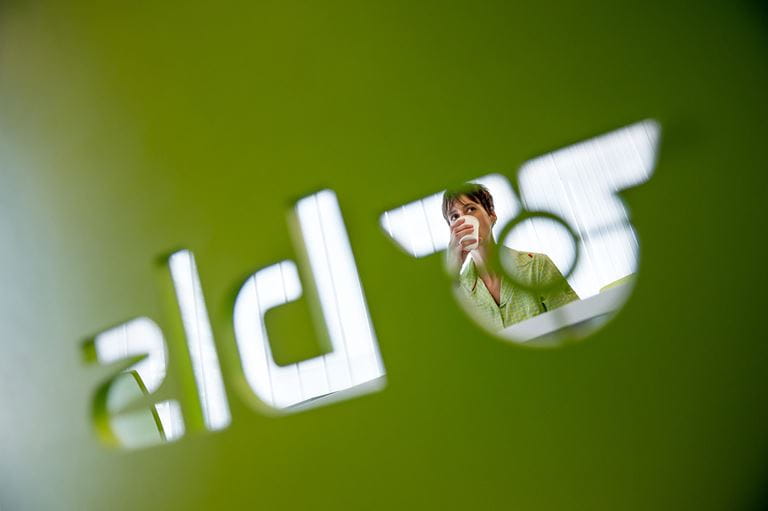Responsibility
Climate change
BLS aims to achieve net-zero emissions by 2050 at the latest
Climate change is one of the greatest challenges of our time. As a mobility provider, BLS is aware of its social role and responsibility and is therefore working to adapt to the unavoidable consequences of climate change, actively contribute to climate protection and gradually increase its energy efficiency.

Adapting to climate change
The implementation of measures to adapt to climate change is an essential part of the strategy to ensure the long-term functionality and safety of the rail network, including in an environment made increasingly challenging by climate change. The focus here is on structural measures for the infrastructure and changes to the protective forest.
Climate protection
BLS is continuously improving its climate and environmental footprint. This includes increasing energy efficiency and achieving net zero with the following milestones:
- Net-zero scope 1 & 2 emissions in Switzerland by 2040 (in shipping by 2050)
- Net-zero scope 1 & 2 emissions abroad by 2045
- Net-zero scope 3 emissions by 2050
In order to formulate interim targets, BLS is developing a CO2 reduction pathway in 2025. On top of this, by 2035 all company cars will have exclusively renewable drive systems, and from 2026, 100 per cent of the electricity used in Switzerland should also come from renewable sources (including guarantees of origin from Europe).
Energy
Measures to increase energy efficiency and the use of renewable energies play a central role in the context of climate change. BLS is pursuing several measures in the area of energy: By 2026, a comprehensive energy monitoring and energy efficiency target is to be established at the two impact levels of buildings and vehicles. BLS is also examining the potential of photovoltaic systems installed on buildings, noise barriers and in open spaces and other areas.







